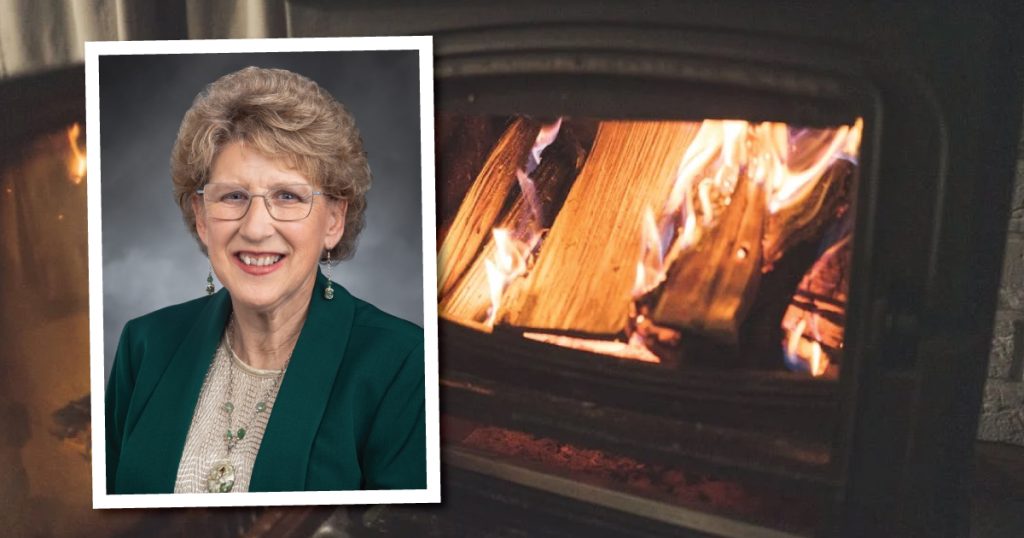OLYMPIA—The state Department of Ecology is backing off for the year on a proposal to regulate wood-burning stoves sold in Washington state and duplicate standards already imposed by federal regulation, said Senator Shelly Short, R-Addy.

“This is great news for the people of Washington, especially areas like mine where so many people rely on woodstoves and pellet stoves to heat their homes,” Short said. “I am sure it is a relief as well for stove manufacturers in Washington and elsewhere. The cost of compliance would have driven many of them out of this market. Consumers would have had fewer choices and higher costs. And none of this would have made the air any cleaner, because if would have given people an incentive to keep using older, less-efficient stoves rather than clean new ones.”
Short was notified by the Department of Ecology on the evening of Thursday, February 20, that the agency will not pursue Senate Bill 5174. The bill, sponsored by Senators Sharon Shewmake (D-Bellingham) and T’wina Nobles (D-Federal Way) was approved by the Senate Environment, Energy and Technology Committee on February 14 and was awaiting a hearing in the Senate Ways and Means Committee.
SB-5174 if approved would implement the following according to its Senate Bill Report:
- Modify definitions in the Washington Clean Air Act (WCAA) relating to certain wood burning devices.
- Authorize the Department of Ecology to adopt rules establishing statewide emission standards for certain wood burning devices, which must be consistent with applicable federal emission standards inexistence on January 1, 2025.
- Reference statewide emission standards for certain wood burning devices in WCAA statutes rather than federal emission standards.
The measure, introduced at the request of the Department of Ecology, would have launched a state regulatory program to duplicate requirements already enforced by the federal Environmental Protection Agency, according to Short. Ecology’s argument was that the federal government can’t be trusted to enforce their own regulations properly. The state agency cited a 2023 report from the federal Office of Inspector General that found major flaws in EPA testing and enforcement procedures.
However, stove manufacturers said EPA is addressing the issues identified in the report, by requiring costly retests of stoves to ensure they meet tough new clean-burning standards, Short stated. By launching its own regulatory program, Washington would have been able to require its own tests and determine which stoves would be allowed for sale in Washington state.
Short and the Senate Republican Caucus led opposition to the measure. Short called Ecology’s decision a victory for common sense.
“We would have been launching a duplicative state program at a time when we are facing a multi-billion-dollar shortfall, responding to something we have no reason to believe is a problem,” she said. “I think Ecology got it right in the end – this isn’t timely.”
Author: Lynnwood Times Staff










One Response
It should be noted Sen. T’wina Nobles represents University Place, not Federal Way as stated in the article.